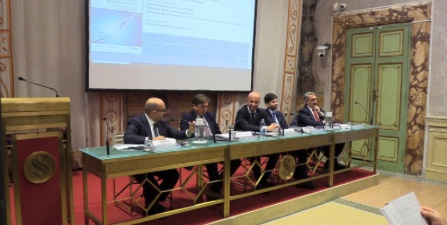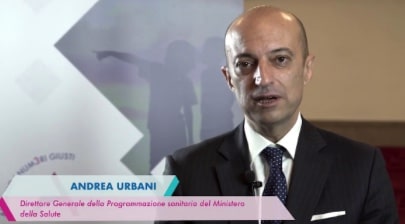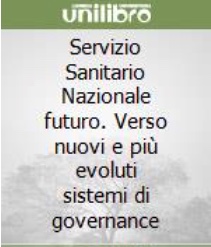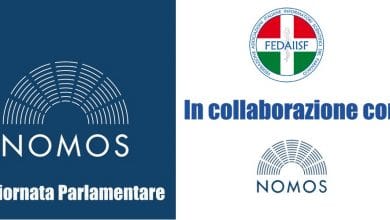
The minister, conceived in the early 2000s when there was risk of default
“We have to rethink the health expenditure planning system that we have been carrying out since the early 2000s, when the Italian Health Service risked default and a silo system was designed, with expenditure divided between drugs, devices, personnel and expenditure ceilings for some disqualifying sections. At a distance of 15  years this system no longer holds”.
years this system no longer holds”.
The Minister of Health, Roberto Speranza, spoke about it in Rome at the presentation of the volume 'The NHS looks to the future - Towards new and more advanced governance schemes' (Egea edition), written by the DG health planning of the Ministry of Health, Andrea Urbani. “We have to rethink this model – he explained – which has given rise to an illusion of savings, which instead did not happen. Are staff costs down? But then that for goods and services inevitably rises.
If you don't spend on prevention, even in this case you have an illusion of savings, because it then affects, for example, disability pensions. The great challenge before us is therefore to focus on the overall spending review. In 2020 we must continue with the dialogue”.
Barbara DiChiara
New model under study, Andrea Urbani talks about it in the book 'The NHS looks to the future'
DG programming ministry, 'consider total cost of illness'
There is a need to "develop an overall view of the cost of each pathology for the impact it has not only on the health fund, but on the public budget as a whole, to plan public health maneuvers in a medium-long term ”.
 This was highlighted by the Director General of Health Planning of the Ministry of Health, Andrea Urbani, in the book 'The National Health Service looks to the future - Towards new and more evolved governance schemes' (Egea edition), presented in Rome. "In this sense, the Ministry of Health, together with the Higher Institute of Health, Aifa, Inps, Istat and some Italian universities, is building an institutional 'prediction model' which will make it possible to simulate short-medium-long term scenarios in support of strategic planning and health programming, with the aim of providing policy makers with measured tools for prospective assessment of the use of resources by expanding the analysis outside the perimeter of the national health service, has been able to resist the economic crisis and continues to be among the best in the world for quality, cost and performance.
This was highlighted by the Director General of Health Planning of the Ministry of Health, Andrea Urbani, in the book 'The National Health Service looks to the future - Towards new and more evolved governance schemes' (Egea edition), presented in Rome. "In this sense, the Ministry of Health, together with the Higher Institute of Health, Aifa, Inps, Istat and some Italian universities, is building an institutional 'prediction model' which will make it possible to simulate short-medium-long term scenarios in support of strategic planning and health programming, with the aim of providing policy makers with measured tools for prospective assessment of the use of resources by expanding the analysis outside the perimeter of the national health service, has been able to resist the economic crisis and continues to be among the best in the world for quality, cost and performance.
"But we must not deceive ourselves" warns the general manager, because "it won't be like this forever" if we don't change pace. To ensure the lasting economic sustainability of Italian healthcare without betraying its founding principles, Urbani underlines, "a modern rethinking of the governance of the NHS is necessary" which must translate into the transition from a vertical logic focused on silos with respect to the areas of assistance (hospital, pharmaceutical, outpatient) and on expenditure ceilings (for drugs, medical devices, staff), to a horizontal approach based on the assessment of the overall economic impact of the disease. In this different perspective, for example, a new technology that is more expensive in itself but capable of producing savings in hospitalizations and medicines for the patient should be considered an investment and not a cost". A change of strategy is therefore needed today.
“Health policies will increasingly have to be inspired by scientific evidence capable of telling us what produces the most in terms of health among the various hypotheses of allocation of public resources” writes Urbani. In fact, a management "that in the long term operates on emergency rather than investment logics would jeopardize the protection of citizens' health guaranteed by our Constitution and would have negative repercussions on the entire economic-productive system".
The allocation of budgets for silos (for example, expenditure ceilings for pharmaceuticals and medical devices) and the application of linear cuts on single factors (blocking of staff turnover or ceilings on the purchase of private services) has actually favored the immediate containment of public spending in the past.
Barbara DiChiara
PharmaKronos – January 14, 2020
Related news: "Our NHS is the best, but it won't be forever." A book explains why





